Despite the government's continued emphasis on falling inflation, many manufacturing businesses are feeling the pressure to operate. Rising government fees and charges have been the straw that broke the camel's back.
Alex Lajovic, managing director of Impact International, an Australian pipe manufacturer based in Smithfield, New South Wales, knows this all too well. He said, “The fees charged by the government and related agencies are far outstripping the rise in inflation, which is making the cost of running a business unaffordable.”
Lajovic further noted, “The government claims to be controlling inflation and is committed to supporting local manufacturing. As an Australian manufacturer, we agree. However, when we carefully analyzed the costs borne by businesses over the past two years, we found that this is not the case. Even though annualized inflation has fallen below 4%, we have seen a significant increase in the fees we pay to the government and related agencies.”
To back up his point, Lajovic also cited specific data that provides a comparative analysis of the fees paid by businesses over the past two years. He argues that the data speaks for itself. Lajovic's figures show:
Local council tax rates: up 26.6% in two years.
ISR total insurance premiums: up 46.7% in two years (the value of the insurance remains the same).
NSW land tax: up 74.5% in two years.
NSW Fire Service Tax paid as part of NSW insurance coverage: up 26.6% over two years.
Energy costs per kWh: up 140% (disclosure: this year's long-term contracts did have an impact). Network costs set as part of energy bills: up 25% over two years.
Environmental costs set as part of the electricity bill: up 65.1% in two years.
Lajovic emphasizes, “These costs are completely out of step with official published inflation figures. No manufacturing business in Australia is immune to these rising costs and all have to bear them.”
Land taxes, for example, have risen by a whopping 74.5 percent over the past two years. This has led directly to higher rents, and for own-plant companies like Impact, it means an additional, growing tax burden on top of the cost of purchase.
If these costs are not contained and reduced by 2025, the competitiveness of Australia's local manufacturing sector will be further eroded,” Lajovic said. We are already witnessing a year-on-year reduction in the number of suppliers as a direct consequence of this problem.”
The issues mentioned by Lajovic are not isolated cases, with many businesses facing similar dilemmas. This seems to indicate that while claiming to support local manufacturing, the government is forcing companies to move their production lines offshore by constantly raising fees of all kinds.
Ant Packaging, a plastic bottle manufacturer in northern New South Wales, is a prime example. Its managing director, John Clarke, says the company has had to turn to imported products because of continuing cost increases.
John Clarke echoed Lajovic's sentiments: “It really is an uphill battle. Costs such as insurance and electricity continue to escalate and these are often directly influenced by the government. We had planned to invest in a recycling program and did a lot of preliminary work on it. However, after speaking with our peers, we found out that some people had been forced to close their businesses because insurance costs had skyrocketed from $80,000 to $250,000 per year. This made us revisit our plans and worry about whether the project would be able to get off the ground.”
While the government has been emphasizing the need to invest in recycling and promote a circular economy, rising operating costs have been a major hindrance to business growth.
Trying to cope with these high costs will inevitably squeeze the money companies have to spend on technology upgrades. John Galea, managing director of label processor Wagner Labels, said the company has had to postpone plans to buy new equipment due to a drop in orders.
Galea said: “I was shocked to see the figures shared by Alex. These costs are growing so fast and spiraling upwards that it's not just affecting us, but all businesses across the value chain. If we don't invest then our suppliers will be affected too.”
Ashley Goldsbrough, Director of Dimension1, said, “Our customer base is dwindling due to high insurance costs and other rising costs. As a company servicing food packaging and printing businesses in NSW, we are facing significant operational pressures. In the short term, we are unable to make further investments. Although we are well aware that the economic situation will eventually improve, the immediate hardship is doubly hard on us.”
As more and more businesses close or downsize, it is worrying that the industry is losing the valuable experience and expertise it has built up. Brendon Holmes, managing director of Victorian packaging company Caps & Closures, echoes this sentiment.
Holmes says: “The brain drain in terms of skills is a serious issue. High costs are not only hindering our business growth, but also limiting our investment in talent development. I fully agree with Alex that there is a contradiction between government policy and reality. On the one hand, the government encourages us to invest in local manufacturing, while on the other hand, high costs are making it difficult for us.

 GOLDEN PAPER
GOLDEN PAPER
 EN
EN
 fr
fr  de
de  es
es  it
it  ru
ru  pt
pt  ar
ar  vi
vi  tr
tr  id
id 
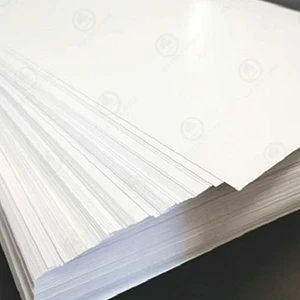
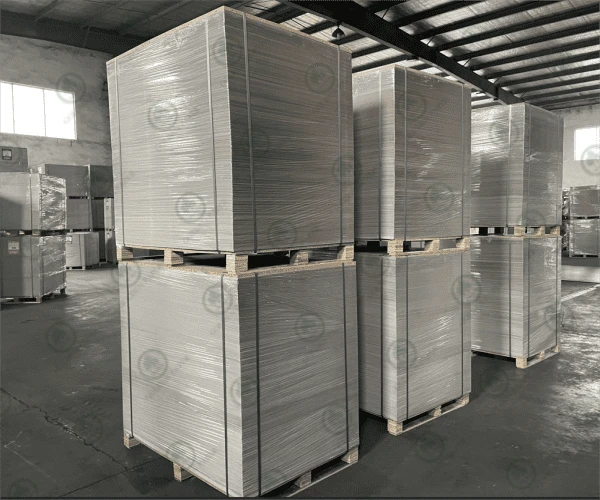
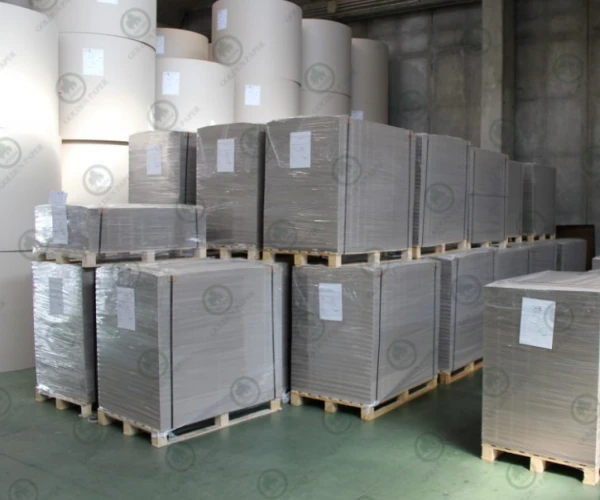





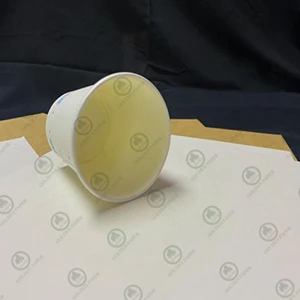

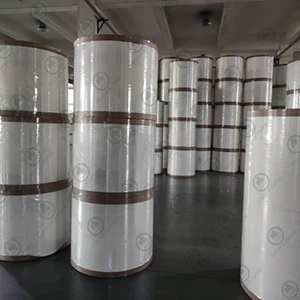

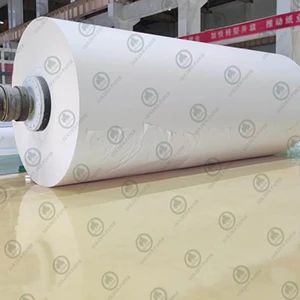

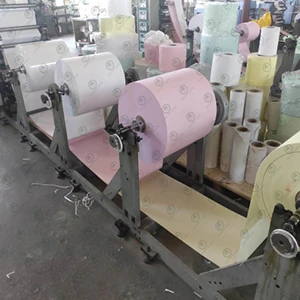


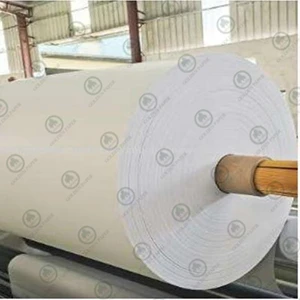
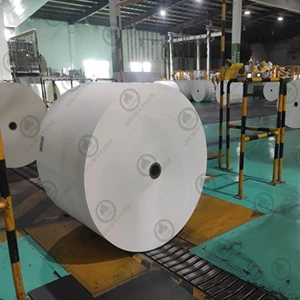
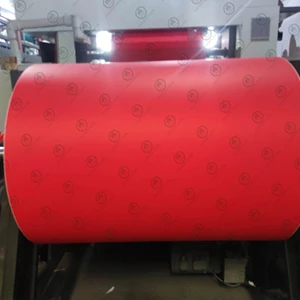


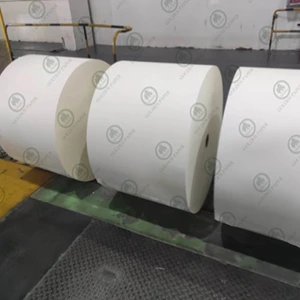




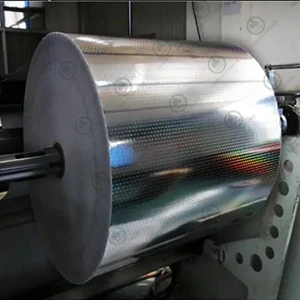


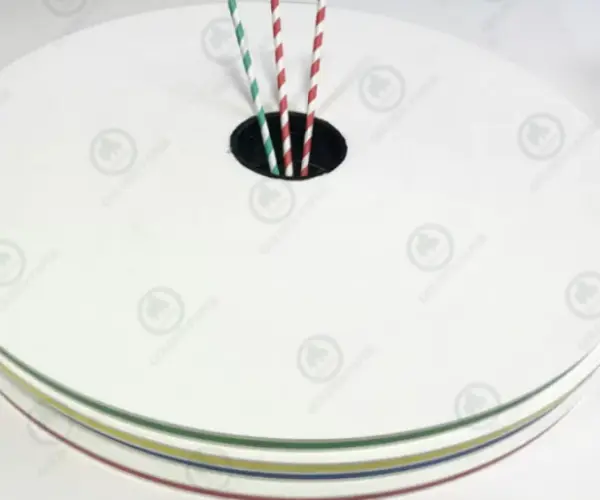
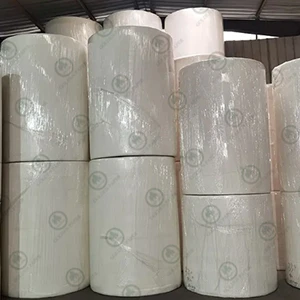
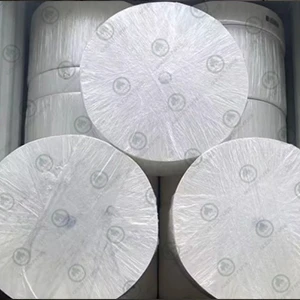
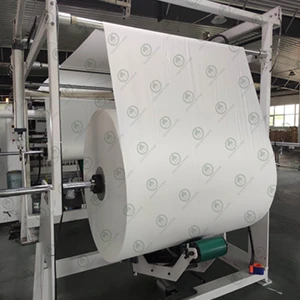
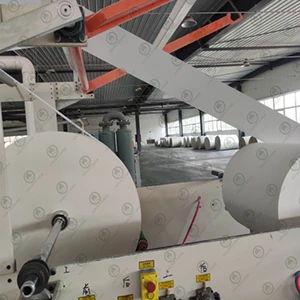

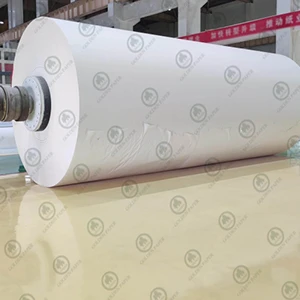

.webp)




